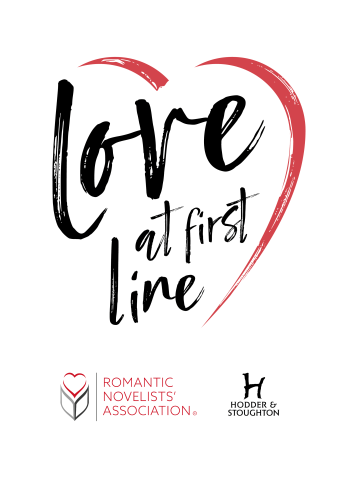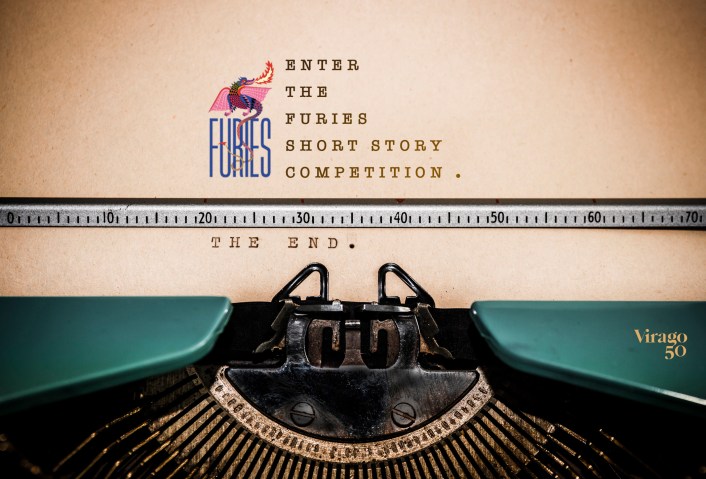‘A character doesn’t have to be likeable to be great’
The characters of a book are what really make me want to read it. And if the book is really good, they’re what will stick with me for years after I’m done turning the last page. It’s a bit like falling in love, or finding your new best friend or your new arch nemesis: an emotional reaction so all-encompassing that it almost feels real (and in a way, it is).
And yet, something so crucial for the success of a piece of writing is extremely slippery to get right on paper: I spend a lot of time working with authors on their characters, making sure that they leap off the page and make a lasting impression. Here are some thoughts on the process.
- Character is as important as plot
No matter what kind of book you’re writing, make sure you get your characters right. It doesn’t really matter if you’re working on a plot-heavy crime novel or the next literary masterpiece: characters play a crucial role. What is it that makes thriller series by the likes of Jeffery Deaver or Ian Rankin (or, going down memory lane, Agatha Christie and Arthur Conan Doyle) so popular? Their central character. The plot-twists are vital, of course, and they’re what make the reader turn the pages fast. But the central heroes are what readers will remember – and what will make them go back for more.
This becomes even more evident in ‘quieter’ books, where plot is not necessarily the author’s first preoccupation. Take something like Olive Kitteridge by Elizabeth Strout: it’s a short, brilliant novel where nothing much really happens. And yet, Olive is such a well-formed character – so real, so alive, so human, so much like us – that through her apparently unremarkable life we experience a range of emotions so vast and so relatable that the book itself suddenly feels packed with twists.
- You don’t have to like your characters
A character doesn’t have to be likeable to be great. Actually, some of my favourite people in books are the polar opposite of what we would normally call ‘nice’. Donna Tartt’s The Secret History is a masterclass in creating despicable human beings you can’t wait to spend more time with. Would I entrust them with my life? Hell no. But there’s so much of our flawed human nature in them – so much that is morally wrong and yet so real, so appealing, so recognisable – that you spend most of the book wishing you could be part of their little (and lethal) group.
- You do – however – have to take care of them
What you, as a writer, really need to do is care, protect and fight for your characters. No one knows them as well as you do: not your readers, not your editor. These people will often have helpful suggestions and thoughts which might not have occurred to you and that might open a new window onto the inner workings of your characters. But ultimately you will have to trust your gut: these characters would not exist without you, and it’s only right that you should be able to shape them however you like.
So graciously accept advice, but remember to hold your ground if you feel that’s what’s right for you – and for them.





